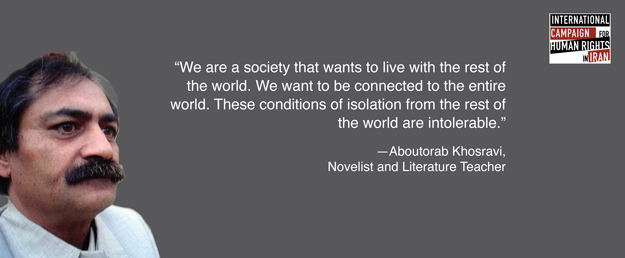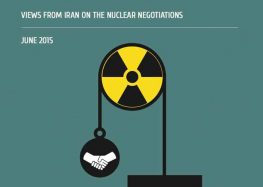The imperative of a cultural opening

In addition to improving the state of civil and political rights, a number of the respondents spoke passionately about the need for a cultural opening in the country. They spoke of the stifling of the arts—film, theatre, publishing—over the last decade, and the need for greater liberties and freedom of expression in these areas.
Download the report here.
Some respondents believed such an opening would likely occur in the wake of a successful accord. Attention would be more focused on domestic affairs and Rouhani would be empowered to move forward in areas that he had been unwilling to tackle when all political capital had to be marshaled to reach a nuclear agreement.
Others were having none of it, expecting little change in a closed and repressive cultural environment even in a post-agreement context.
The cultural issue is the biggest problem of our society right now, and it seeps into our economy and other areas….the government is so focused on foreign policy that it has not been very successful in the cultural areas. If you have a dynamic culture in the society, you can be sure to have a dynamic economy, too.
–Abbas Ghaffari, Film Director
Civil rights, trusting the artists and cultural figures, and most importantly, relinquishing the country’s cultural management to Iranian artists and cultural figures were among [Rouhani’s] campaign promises. I hope he has a chance to get close to this path….We need cultural NGO’s to grow in Iran. This can be the most important event of the end of Mr. Rouhani’s first term. I believe it is even more important than establishing the House of Political Parties.
–Shadmehr Rastin, Filmmaker
They are not interested in culture at all. …They want to continue their own regressive culture. … They don’t accept independent thinking at all. They want to continue their own way [and] strengthen their own rule. When Mr. Rouhani came, we voted for him. He came and spoke beautifully. As an author, I was told that my books would receive publication licenses, that they won’t be censored. It was good for two to three months, but they couldn’t even change the censorship. It went back to the way it was, the same intimidation and censorship and the same situation. No. They do not want change in any cultural area.
–Jamal Mirsadeghi, Author

